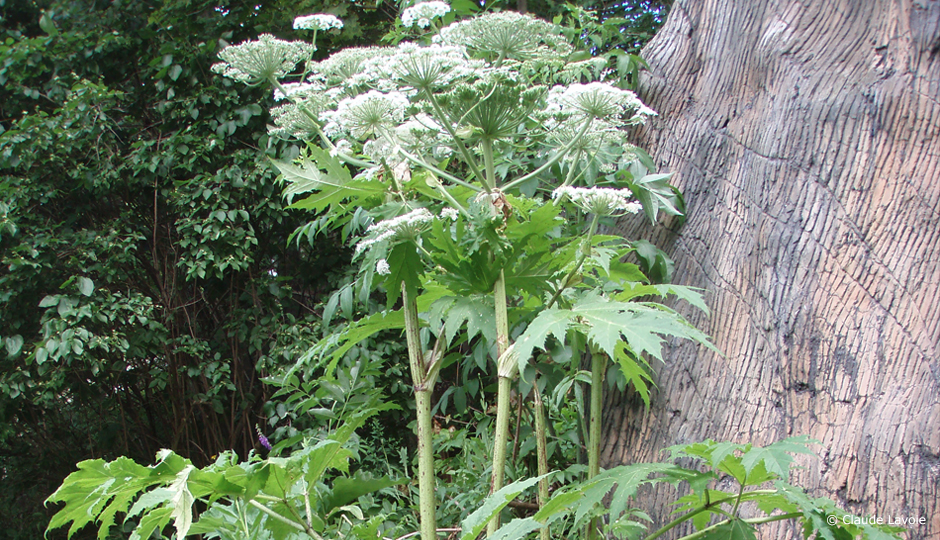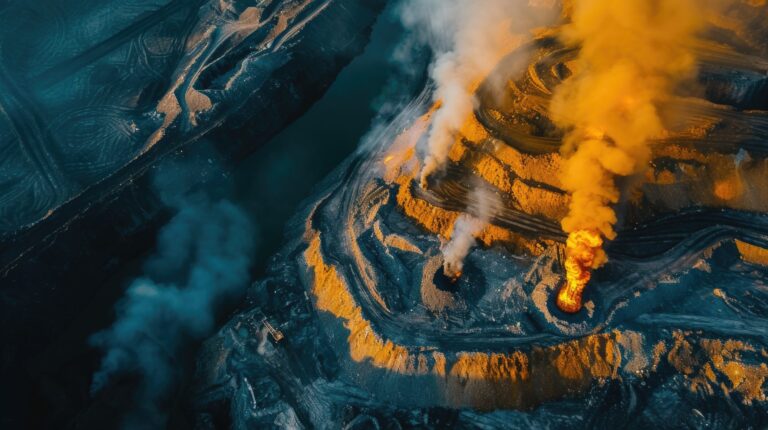A million dollars has recently been invested in the Chaudière-Appalaches region to track down an ornamental plant that, beneath its innocuous appearance, hides a toxic sap that can cause second-degree burns. That plant is giant hogweed, a perennial herbaceous plant that dominates shorelines, fields and flowerbeds with its tall two to five-meter stems. Teams of "trackers", gloved and protected by disposable coveralls, crisscross the region pulling them out, plant by plant. This type of control measure is effective. It has, among other things, significantly reduced a giant hogweed population along a creek: of 50,000 plants, only 700 to 800 remained in 2017.
Giant hogweed is probably the only invasive plant that is currently on the decline in Québec.
Giant hogweed is one of 50 invasive plants in Québec identified by Claude Lavoie, a researcher at at Université Laval’s Centre de recherche en aménagement et développement. He was one of the first to take an interest in this plant native to the Caucasus (between Georgia and the Russian republics) and to point out the danger posed by its invasion. By analyzing the plant’s genetic signature, the biologist and his team were able to identify three invasion hubs: The Chaudière-Appalaches-Saguenay region, southwestern Québec (from Trois-Rivières to Gatineau) and Bas-Saint-Laurent-Témiscouata. The perennial was first imported to Québec around 1978 by amateur horticulturists.
The researchers have also gained a better understanding of how the plant manages to colonize such a large area so quickly: its seeds – from 14,000 to 16,000 per plant – are spread by the wind and water. During the spring floods they can travel a distance of several kilometres!
Fortunately, thanks to Claude Lavoie's work and his efforts to raise awareness among Quebecers, giant hogweed is probably the only invasive plant that is currently on the decline in Québec. Nicolas Trottier, who is studying with Claude Lavoie, has written the first scientific paper on the presence of giant hogweed North America and even founded a company specializing in fighting this plant pest.




